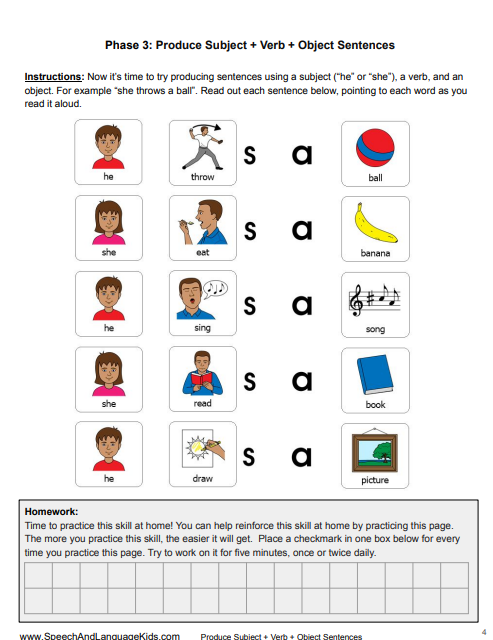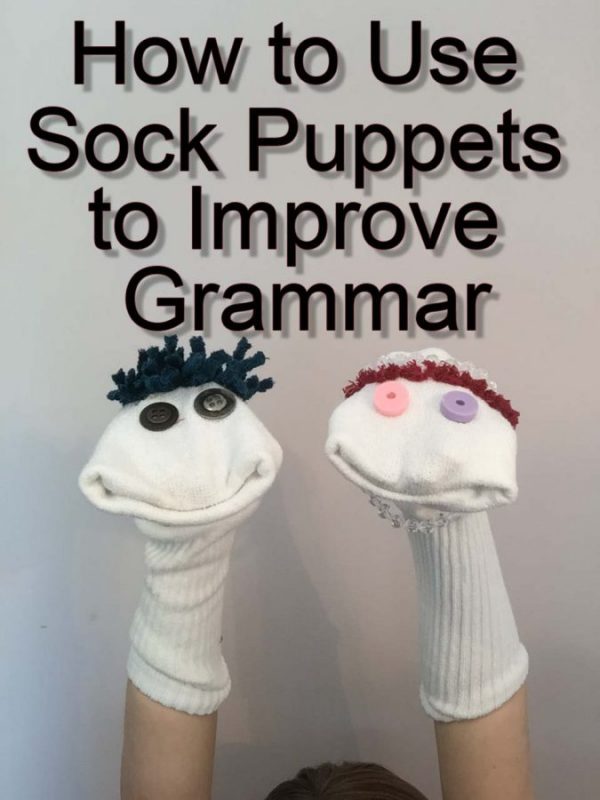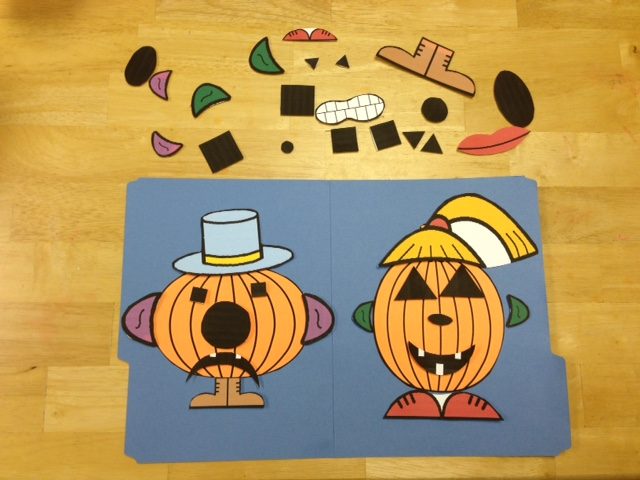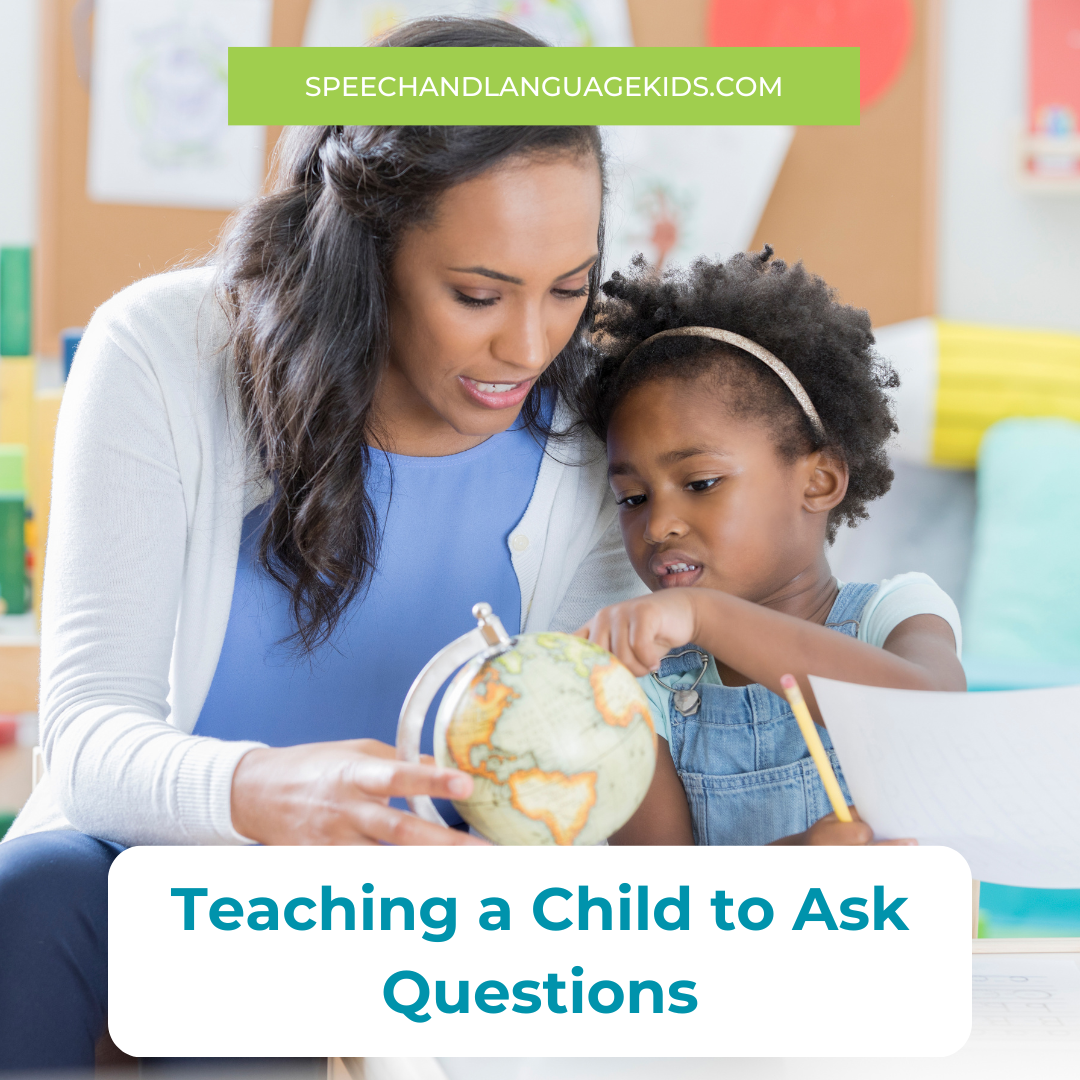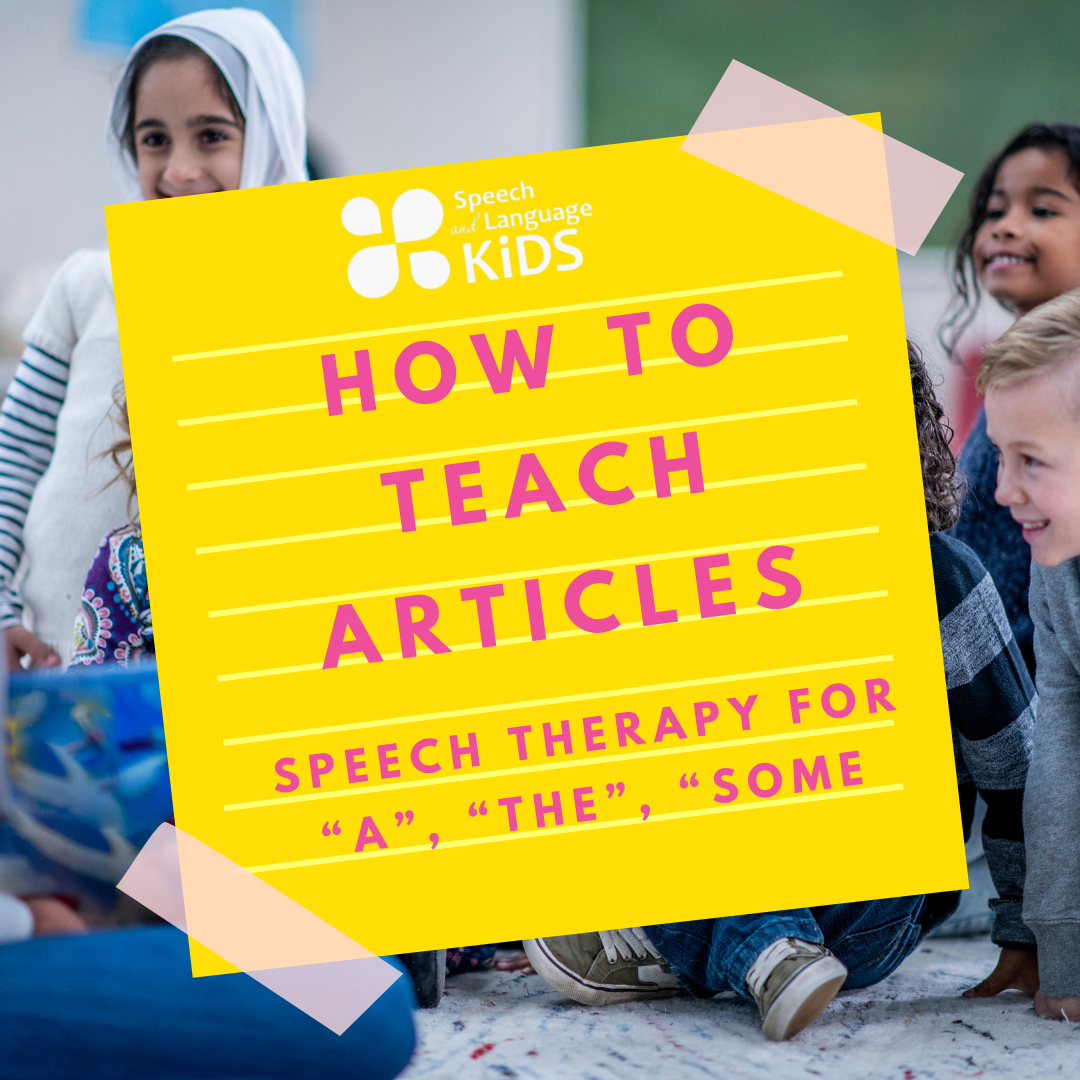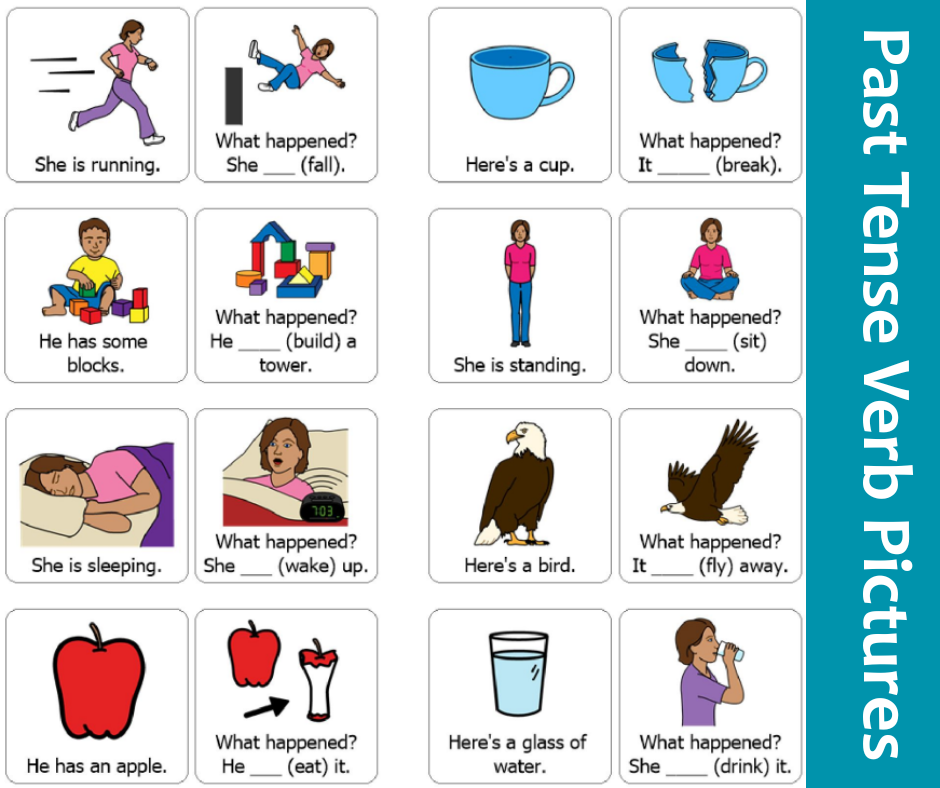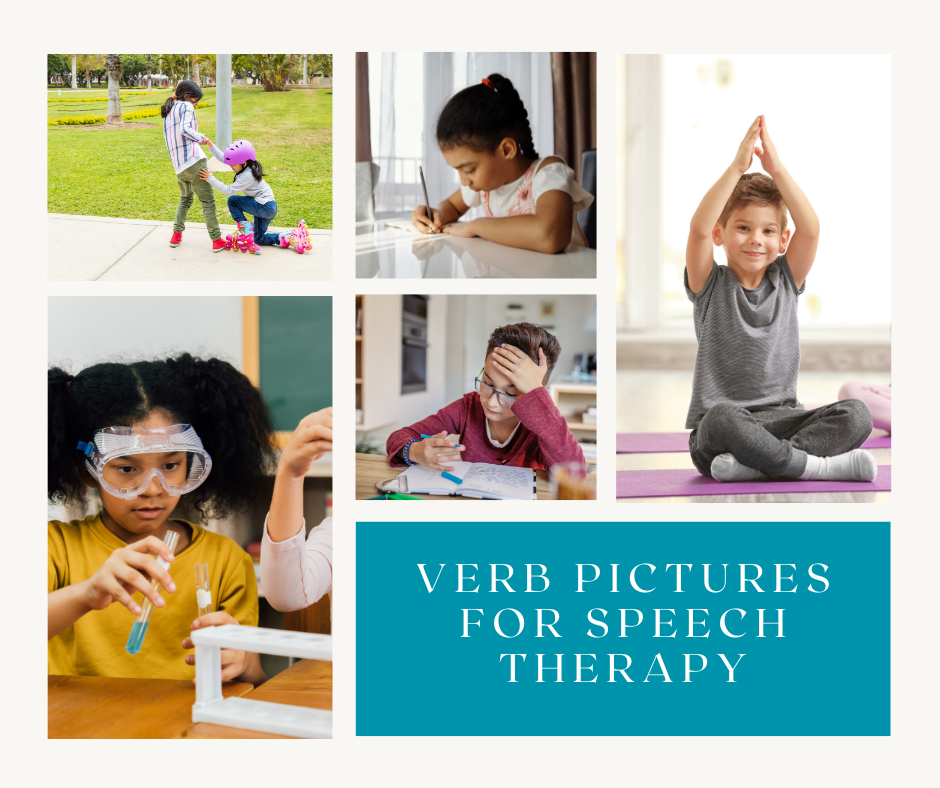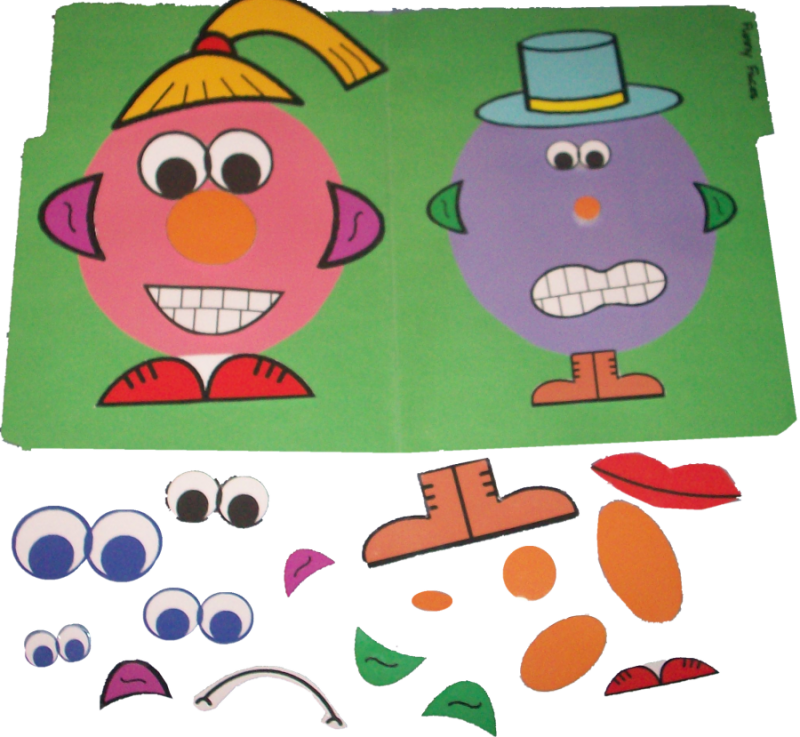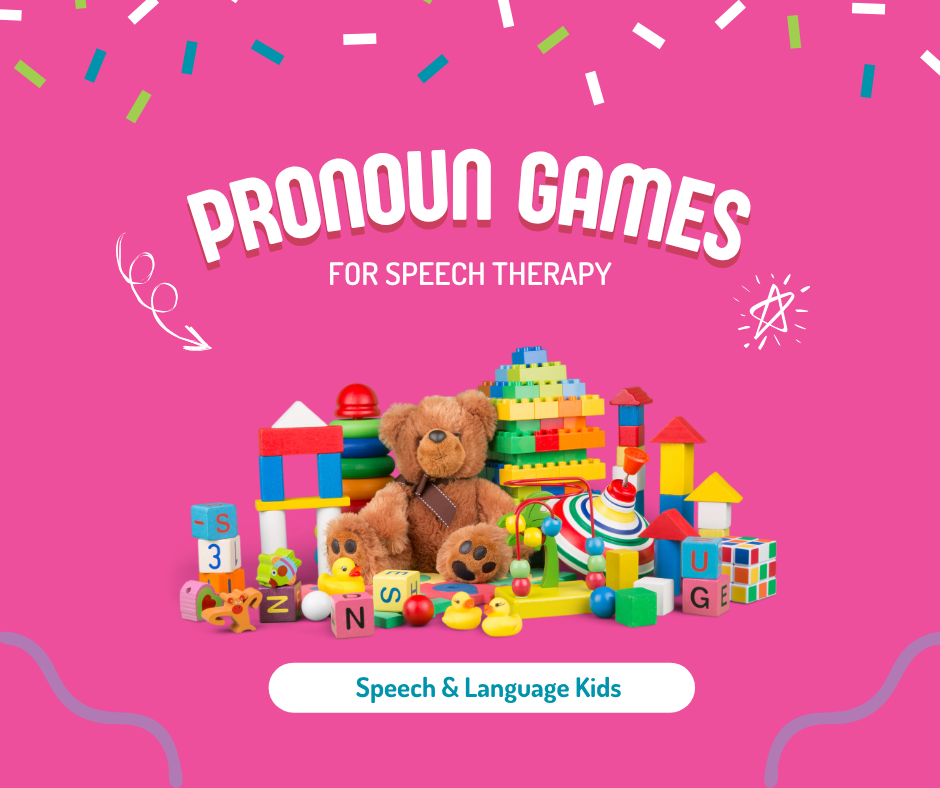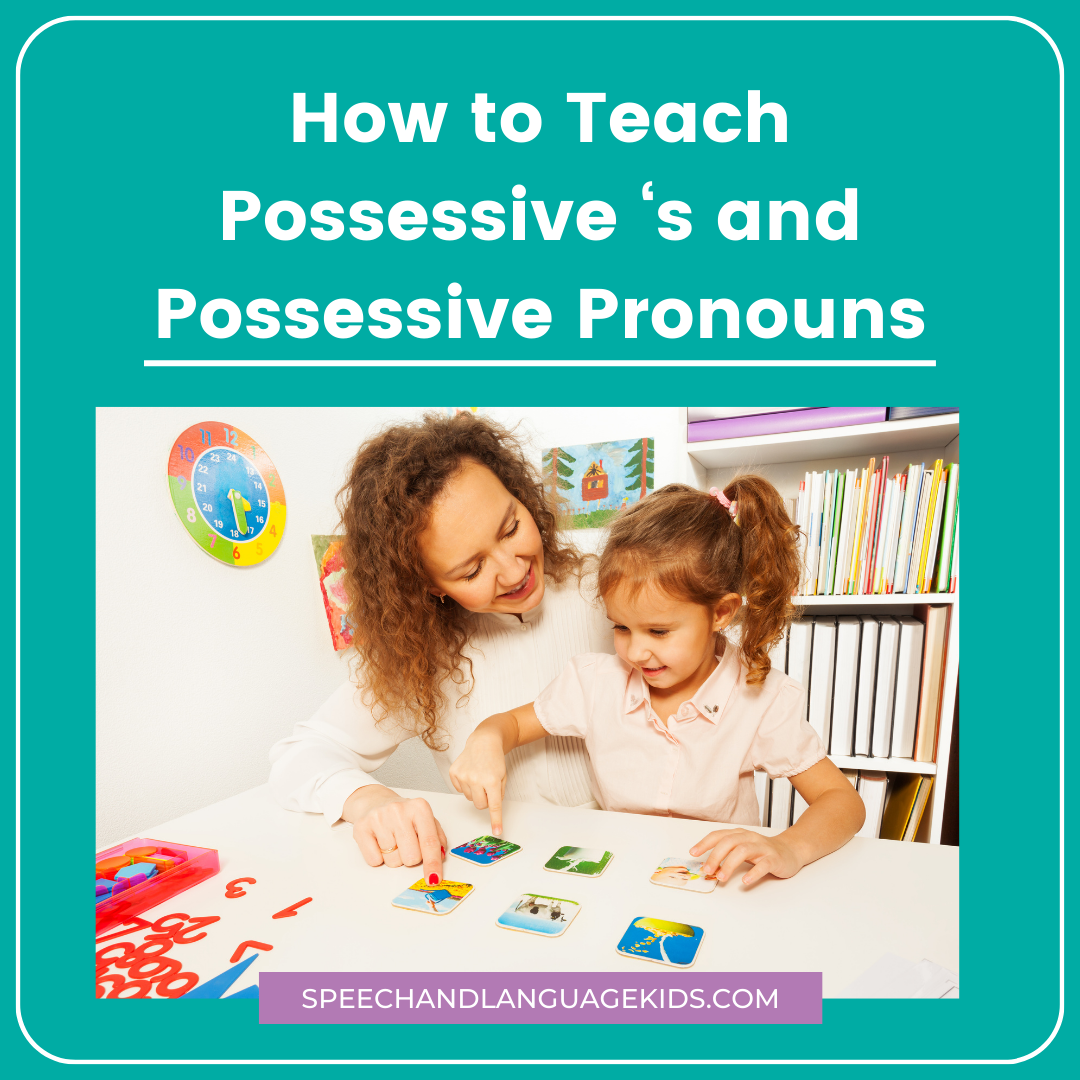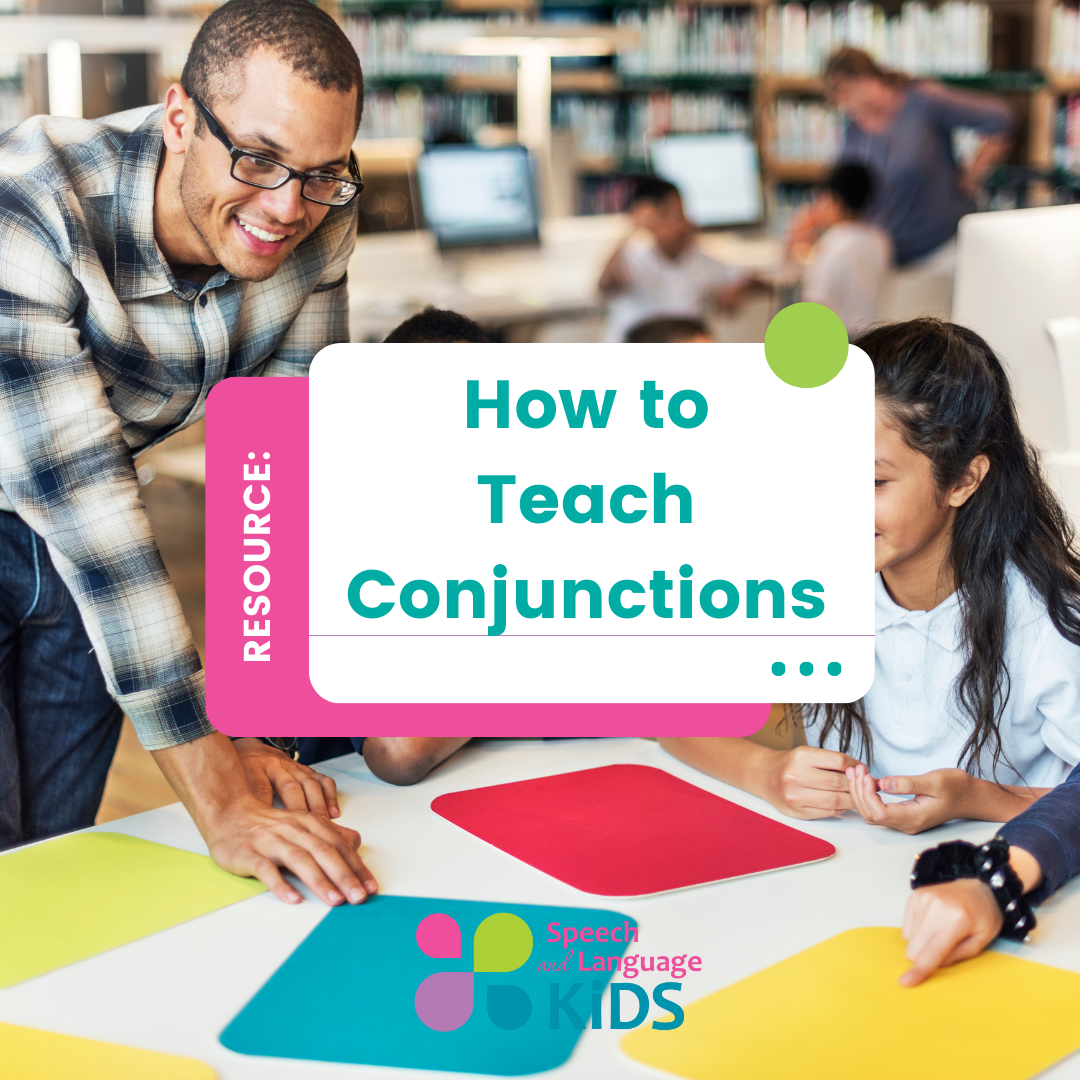Grammar Activities for Children | Speech Therapy Exercises for Improving Grammar
What grammar activities can help children learn to use grammar correctly?
How can we help children and teens with grammar in speech therapy?
On this page, we’ll share with you our best grammar activities and resources for improving grammatical skills in children and teens.
What is Grammar?
When we talk about helping children who have speech and language delays with grammar, we are talking about all of those little words and word parts that help us make complete sentences. Without grammar, our sentences would sound choppy or telegraphic. For example, instead of saying “Johnny and I want to play with the ball”, we would just say “Johnny..I…want…play…ball”. The main point of the message is there but it doesn’t flow the way it should. Below are listed different types of grammatical markers with links to how to work on them.
Pronouns
Children with language delays often have difficulty with pronouns. Here is information about when pronouns are typically found in children’s speech. Keep in mind that these are rough estimates and every child is different. Is your child varies from this slightly, there is no need to be alarmed. However, if the child varies significantly, he or she may require some extra help with pronouns.
Age ~~ Pronouns
12-26 mos ~~ I, it
27-30 mos ~~ my, me, mine, you
31-34 mos ~~ your, she, he, yours, we
35-40 mos ~~ they, us, hers, his, them, her
41-46 mos ~~ its, our, him, myself, yourself, ours, their, theirs
47+ mos ~~ herself, himself, itself, ourselves, yourselves, themselves
Resource from: Linguisystems Milestones Guide
Here are some articles that will help you with teaching pronouns:
5 Steps to Teach the Pronouns “He” and “She”
Grammatical Morphemes
Grammatical morphemes are markers that change the meaning of a word. For example, the plural “-s” can be added to a word to indicate that there is more than one of it, such as “bug” to “bugs”. These markers can be word endings (like “-ing”), small words (like “is”), or they can change the word all together, like irregular past tense (like swim to swam). Here are a list of the grammatical morphemes and when they should be mastered by. Again, these are rough estimates so don’t panic if your child is just a bit off.
Age ~~ Morpheme
19-28 mos ~~ Present Progressive “-ing” (ex: swimming)
29-38 mos ~~ Regular Plural “-s” (ex: bags)
Possessive ‘s (Molly’s baby)
Present Tense Auxiliaries (helping verbs like: can, will, be, do)
43-46 mos ~~ Regular Past Tense “-ed” (jumped)
Irregular Past Tense (ran, swam)
Regular third-person-singular, present tense (he drinks, she eats)
Articles (a, the)
47-50 mos ~~ Auxiliaries and copulas in all tenses (helping verbs like “is”, “will”, “does”)
Irregular Third Person Regular Singular (She has it)
Past Tense “be” verb (He was dancing)
Information from: Linguisystems Milestones Guide
Links to Morpheme Articles:
How to Teach Irregular Plural Nouns
4 Steps to Teaching the Possessive ‘s
4 Steps to Teach Past Tense Verbs
A Structured Curriculum for Teaching Grammar Skills:
Children and teens make faster progress in grammar when we teach those skills in logical, step-by-step progressions.
Our Grammar Curriculum is designed to do just that. Stop wasting time cobbling together random grammar activities. Follow the step-by-step program for real progress in grammar:
Browse All Grammar Articles:

About the Author: Carrie Clark, MA CCC-SLP
Hi, I’m Carrie! I’m a speech-language pathologist from Columbia, Missouri, USA. I’ve worked with children and teenagers of all ages in schools, preschools, and even my own private practice. I love digging through the research on speech and language topics and breaking it down into step-by-step plans for my followers.
Connect with Me:

